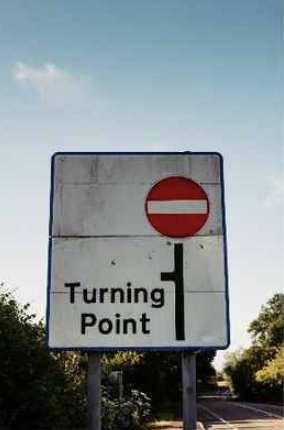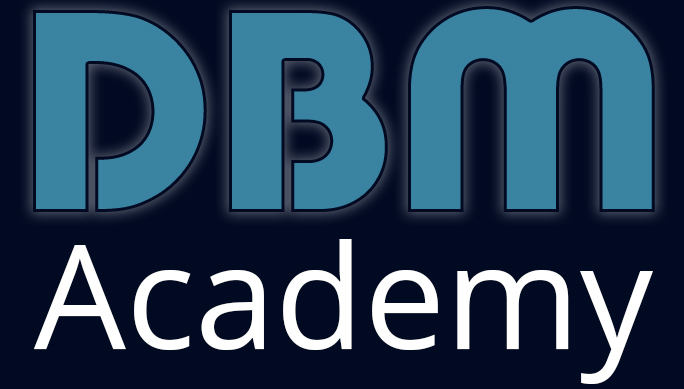UK PERSONAL TAX CHANGES FROM 6 APRIL 2023

UK PERSONAL TAX CHANGES FROM 6 APRIL 2023
Frozen tax thresholds will see more taxpayers dragged into higher rate 40% tax this year, dividend allowance and capital gains tax allowances slashed.
Base rate and higher rate thresholds are frozen until 2028 at £12,570 and £50,271 respectively. This will pull more taxpayers into higher rate tax, with over a million expected to face 40% tax charges for the first time as a result of the freeze.
The additional rate threshold will be lowered from £150,000 to £125,140 from 6 April and this is the income level at which an individual will not have any personal allowance, because £1 of the personal allowance is withdrawn for every £2 of income above £100,000.
The change in the threshold will see an additional 232,000 taxpayers drawn into additional rate tax for the first time, according to HMRC. For those with income between £125,140 and £150,000, the average cash loss is £621.
The reduction in allowance is expected to raise £420,000 in tax year 2023-24 and will affect around 792,000 taxpayers.
In Scotland, there will be increases in various personal tax rates. The higher rate of tax paid on income between £43,663 and £125,140, will increase by 1p to 42p, and the top rate of tax (paid on income above £125,140) will increase by 1p to 47p.
It means that Scots with earnings above £43,663 will pay more income tax than they did last year, with the decision to increase the higher and top rates widening the difference in income tax liabilities between those on equivalent earnings in Scotland and the rest of the UK.
Higher earning Scots will experience more income tax differences at the beginning of the year.
Individuals with lower incomes will continue to benefit slightly more from the tax system due to the 19p Scottish rate of tax. Although the Scottish government's decision to increase taxes for higher earners aims to generate additional revenue to support public services, it may contribute to the perception of an increasing gap in the tax treatment of high earners in Scotland compared to other parts of the UK.
Dividend tax
The dividend allowance will be reduced to £1,000 from 6 April 2023 and then to £500 from 6 April 2024. This is a major fall from the £2,000 level in the year to 5 April 2023.
The reduction means that a significant number of people who have not previously interacted with HMRC will have to do so now. It appears that a considerable proportion of those who will be required to disclose their dividend income to the tax authorities are retired individuals. These individuals will now have an obligation to report, but it is unlikely that they will fall into the higher rate tax bracket or have to pay any additional taxes.
Capital gains tax
A cut in the capital gains tax allowance mean that taxpayers will start paying tax on gains in excess of £6,000. The annual exempt amount will be £6,000 for individuals and personal representatives, and £3,000 for most trustees. Note that is exempt allowance will be reduced further in 2024-25 to £3,000 for individuals, and only £1,500 for most trustees.
The reduction will mean that around 500,000 individuals and trusts per year could be affected, increasing on a cumulative basis to 570,000 in 2024-25.
The rates of capital gains tax remain unchanged at 10% basic rate and 20% higher rate, but on residential property, apart from primary residences, the rates are 18% and 28% depending on earnings bracket.
The government has also abolished the annual uprating of the annual exempt amount in line with CPI and has fixed the CGT reporting proceed limit at £50,000.
Pension tax
On pensions, the lifetime allowance charge which kicks in a £1.03m will be removed before being abolished altogether in April 2024.
The annual allowance and the minimum tapered annual allowance will be increased from £40,000 to £60,000, which the government said would incentivise highly skilled workers to remain in the labour market. As a result of the pensions tax measures, an estimated 80% of NHS doctors will not receive a tax charge with respect to accruals under the 2015 NHS career average scheme.
The adjusted income threshold for the tapered annual allowance will be increased from £240,000 to £260,000.
The money purchase annual allowance (MPAA) limit has been increased to £10,000 from current £4,000. This means that anyone who has made a drawdown from their pension will no longer be limited to a £4,000 cap on the amount they can pay into their pensions pots a year.
The maximum pension commencement lump sum for those without relevant protections will be retained at its current level of £268,275 and will be frozen thereafter. Lump sums currently taxed for some individuals at 55% above the lifetime allowance will be taxed at an individual’s marginal rate of income tax.
Capital gains tax
There are changes to the capital gains tax (CGT) rules that apply to transfers of assets between spouses and civil partners who are in the process of divorcing or separating. The changes will take effect for disposals made on or after 6 April 2023.
Spouses or civil partners will be given up to three years, after the year they cease to live together, to make no gain or no loss transfers of assets, and unlimited time when the assets are the subject of a formal divorce agreement.
A spouse or civil partner who retains an interest in the former matrimonial home will also be given an option to claim private residence relief (PRR) when it is sold.
Delriene Smith
Boss Money Moves
DBM Academy Founder Coach
